Pittsburgh-based ABARTA becomes one of largest Coca-Cola franchises in U.S.
July 31, 2017
Michael Bradwell
Observer Reporter
The Houston distribution center for Coca-Cola products is one of a dozen Pennsylvania facilities that are now part of ABARTA Coca-Cola Beverages.
The relationship was finalized Saturday when ABARTA announced that it became an expanded franchise partner of the Coca-Cola Co. by acquiring sales and distribution rights from the world’s largest beverage maker throughout the commonwealth.
Financial terms were not disclosed.
Pittsburgh-based ABARTA said in a press release that its acquisition represents Coca-Cola’s continued progress in refranchising its North American bottling operation. The agreement also makes ABARTA the 10th largest Coca-Cola franchise in the United States.
ACCB is led by Chief Executive Officer Charles W. Bitzer. The company is part of ABARTA Inc., a diversified third and fourth generation family business with interests in non-alcoholic beverages, energy, ethnic frozen food, and technology.
According to the company’s website, ABARTA’s beverage group owns and operates four Coca-Cola bottling companies, located in Cleveland; Buffalo, N.Y.; and in Lehigh Valley, and Chester County. The four franchises have annual combined sales of more than 16 million cases.
ACCB signed an agreement to acquire territory from the Coca-Cola Co. that will cover 90 percent of Pennsylvania and in addition to the Houston distribution center at 300 Vandale Drive, includes locations in Greensburg, Erie, Ebensburg, Harrisburg, Lancaster, Reading, DuBois, Milton, Mt. Pocono, the Lehigh Valley and Downingtown, as well as Cleveland, Ohio, where the company owned and operated territories prior to the expansion. ACCB will also now represent Coca-Cola in the Fairmont, W.Va., area.
“The thing that changes with the Pennsylvania expansion is the sheer size of ABARTA Coca-Cola Beverages,” said Bitzer. “We are tripling the size of our company, based on employment and projected product sold.”
Bitzer said, in general, as the distributor assumes more territory, it will start investing and reshaping local operations. ABARTA Coca-Cola Beverages, which is privately held, has already transitioned 1,000 Coca-Cola employees and acquired 12 distribution facilities.
The company plans to spend $10 million a year for the next ten years on local capital investments into equipment, facilities, delivery fleet and community support throughout the state.
“While the agreement and transition happened (Saturday), a lot of work was needed well in advance of the official change milestone date,” said Bitzer. “ABARTA Coca-Cola Beverage leadership worked closely with our counterparts at Coca-Cola which has several teams that have worked on multiple transitions around the country.”
Much of the effort involves keeping employees informed about what will change. ACCB’s human resources representatives, for example, have held hundreds of training classes with employees in Pittsburgh and across the state.
Information technology was another big issue. Behind the scenes, ACCB switched the IT infrastructure to a shared service called CONA, or Coca-Cola One North America.
Now that the transition has formally closed, ACCB is working to embed its way of doing business throughout the Commonwealth.
For example, ACCB will focus on what it calls “static routing.” In simple terms, that means a customer – like a supermarket or convenience store – can expect to be served by the same delivery person, day in and day out. Seventy five percent of ACCB employees are visible to the end customer.
“That helps us build relationships, which is the backbone of our company,” said Bitzer. “We’re family-owned, so it’s about people and taking a unique approach to serving customers.
“We’re also true beverage experts – from merchandising managers to delivery drivers – so we have a deep understanding of local markets and that ensures that our customers deliver maximum satisfaction to their end consumers.”
Bitzer said ACCB will distribute the full family of Coca-Cola products including Coke, Diet Coke, Coke Zero, Sprite, Dasani, Monster, Vitamin Water, Powerade and Smartwater.
While there’s plenty of work to be done as the transition continues, Bitzer said ACCB will also focus on cementing the company’s local ties in each of the local areas the company will serve. That includes philanthropic giving, community engagement, sponsorships and involvement on local boards.
ACCB also hopes to boost sales across metro Pittsburgh and throughout the entire state.
The Coca-Cola Co. began working with its bottling partners a decade ago on plans to develop a model that evolves the system to serve the changing customer and consumer landscape, with a focus on creating stronger system alignment. A critical step was the company’s acquisition of the North American territories of Coca-Cola Enterprises in 2010.
Since that deal closed, Coca-Cola has accelerated the implementation of the new model by strategically addressing the bottling system, customer service, product supply and a common information technology platform.
Ultimately, the Coca-Cola system in North America will be comprised of economically aligned bottling partners that have the capability to serve major customers, coupled with the ability to maintain strong, local ties across diverse markets in the United States and Canada.
So far, the company has reached definitive agreements or signed letters of intent to refranchise territories that account for approximately 100 percent of bottler-delivered distribution volume in the United States.
The Houston distribution facility was originally owned by Cameron Coca-Cola Bottling Co., which was among six bottlers around the country that sold their bottling operations to Atlanta-based Coca-Cola Enterprises in October 1998.
At the time, Cameron was the 10th-largest bottler in the United States, with operations in Washington, Houston, Wheeling, W.Va., and Canton, Ohio.

